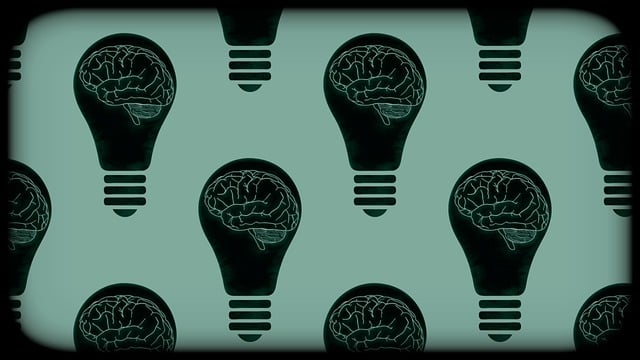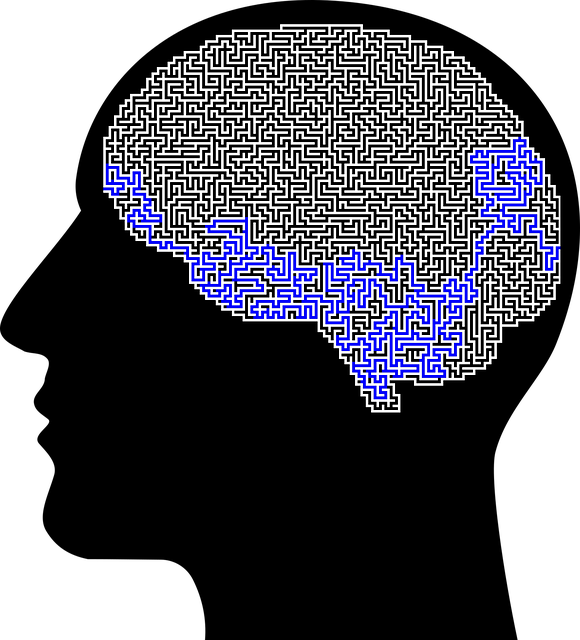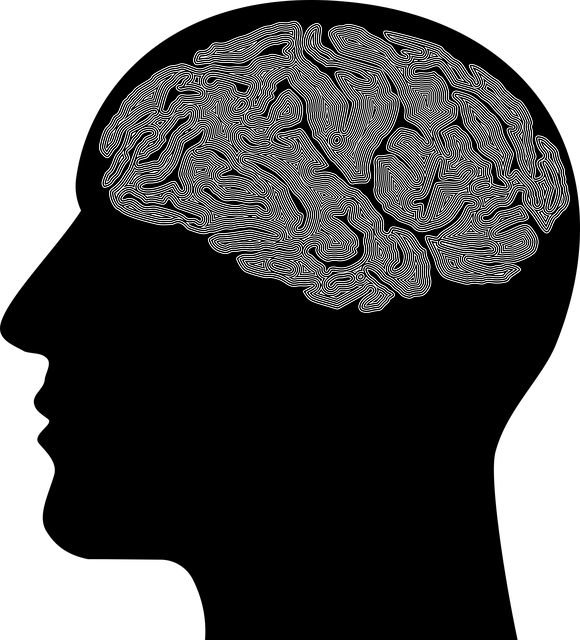Mental health professionals use Superior Anger Management Therapy (SAMT) risk assessment tools to identify and mitigate potential hazards in therapy, focusing on anger-related behaviors while addressing underlying trauma or co-occurring disorders. By combining robust risk assessment techniques, self-care practices like mindfulness meditation, and staying informed through professional development, therapists create safe, supportive environments tailored to individual client needs. This approach facilitates healing, enhances emotional intelligence, and reduces risks associated with unaddressed psychological issues, ultimately promoting mental wellness.
Mental health professionals constantly navigate complex emotional landscapes, making risk assessment a vital tool for ensuring client safety. This comprehensive guide explores key aspects of risk management in mental health practice, focusing on identifying hazards unique to therapy settings. We delve into implementing robust safety protocols for clients with anger issues, highlighting the power of Superior Anger Management Therapy. Through real-world case studies, we demonstrate effective strategies for addressing complex situations. Continuous training and professional development are emphasised as cornerstones for enhanced risk mitigation in modern mental health care.
- Understanding Risk Assessment in Mental Health Practice
- Identifying Potential Hazards in Therapy Settings
- Implementing Effective Safety Protocols for Clients with Anger Issues
- Case Studies: Navigating Complex Situations with Superior Anger Management Therapy
- Continuous Training and Professional Development for Enhanced Risk Mitigation
Understanding Risk Assessment in Mental Health Practice

Risk assessment is a fundamental aspect of mental health practice, serving as a strategic tool to identify, evaluate, and mitigate potential risks associated with clients’ mental health and well-being. For mental health professionals, understanding this process is paramount in ensuring safe and effective treatment. It involves a comprehensive analysis of various factors that may impact a client’s current or future mental state, including their history, current symptoms, and environmental circumstances. By implementing robust risk assessment techniques, therapists can make informed decisions tailored to each individual’s unique needs.
In the context of Superior Anger Management Therapy, for instance, professionals must consider not only the client’s anger-related behaviors but also underlying factors such as trauma history or co-occurring disorders. Incorporating self-care practices and fostering a supportive therapeutic environment are essential components of this process. Moreover, staying abreast of the latest Mental Health Policy Analysis and Advocacy ensures that practitioners can navigate legal and ethical considerations while providing optimal care. The integration of these strategies contributes to creating a safe space for clients, facilitating their journey towards mental wellness, and potentially reducing risks associated with unaddressed psychological issues.
Identifying Potential Hazards in Therapy Settings

In therapy settings, mental health professionals must remain vigilant to identify and mitigate potential hazards that could impact their safety and that of their clients. These risks can manifest in various forms, from acute incidents like sudden aggression or violence to more insidious issues such as prolonged exposure to distressing client narratives. One significant concern is the management of superior anger within therapy sessions, which requires advanced conflict resolution techniques. Professionals need to be equipped with strategies that promote calm de-escalation and facilitate constructive expression of anger, ensuring a safe environment for both therapist and client.
Additionally, the therapeutic landscape can present challenges related to empathy and emotional regulation. Therapists should employ mindfulness meditation practices to enhance their own well-being and better support clients in managing intense emotions. Moreover, building empathy requires strategic interventions, including techniques that foster understanding and connection, thereby fostering a secure therapeutic alliance. Effective risk assessment involves a comprehensive analysis of these factors, enabling mental health professionals to create supportive environments that encourage healing while minimizing potential hazards.
Implementing Effective Safety Protocols for Clients with Anger Issues

Implementing effective safety protocols is paramount when working with clients struggling with anger issues. Mental health professionals must be equipped to navigate intense emotional states and create a secure environment conducive to healing. This involves establishing clear boundaries, teaching coping strategies tailored to each individual’s needs, and fostering open communication to anticipate and manage potential crises. By incorporating techniques such as mindfulness meditation and emotional regulation exercises into therapy sessions, practitioners can facilitate superior anger management therapy.
These protocols extend beyond the therapeutic setting, emphasizing ongoing support and monitoring to ensure client safety between sessions. It’s crucial to recognize that emotional healing processes are unique for everyone; thus, adaptability and a non-judgmental approach are essential. Through comprehensive training and adherence to evidence-based practices, mental health professionals can enhance their ability to provide safe, effective care to clients with anger issues.
Case Studies: Navigating Complex Situations with Superior Anger Management Therapy

In the realm of mental health practice, case studies serve as powerful tools to illustrate effective strategies in navigating complex patient scenarios. One such approach that has garnered significant attention is Superior Anger Management Therapy. This therapeutic technique focuses on empowering professionals to manage intense emotions, particularly anger, which is a prevalent issue among their clients. By studying real-life instances where this therapy was successfully implemented, mental health practitioners can enhance their Risk Management Planning for Mental Health Professionals.
Emotional Intelligence plays a pivotal role in these case studies, as it equips professionals with the skills to recognize and understand both their own emotions and those of their patients. This knowledge is integral to the design of Mental Health Education Programs, ensuring that practitioners are equipped with the latest evidence-based techniques. Through such studies, the impact of Superior Anger Management Therapy can be witnessed in transforming challenging situations into opportunities for growth, thereby enriching both the professional’s practice and the patient’s journey towards mental well-being.
Continuous Training and Professional Development for Enhanced Risk Mitigation

Mental health professionals must embrace continuous training and professional development to effectively mitigate risks within their practice. Staying abreast of the latest research and therapeutic techniques empowers them to deliver superior anger management therapy, emotional regulation support, and depression prevention strategies. By participating in workshops, webinars, and advanced courses, these professionals enhance their skills in identifying potential risks early on and implementing appropriate interventions.
Community outreach program implementation is another critical aspect that contributes to risk assessment and mitigation. Engaging with local communities allows mental health professionals to stay connected to emerging trends, understand diverse cultural perspectives, and adapt their practices accordingly. This holistic approach ensures they remain at the forefront of their field, ultimately providing more effective support for individuals seeking help.
Mental health professionals must continually assess and mitigate risks in their practice, especially when dealing with clients exhibiting anger issues. By understanding risk assessment principles, identifying potential hazards, implementing robust safety protocols, and staying informed through continuous training, practitioners can effectively navigate complex situations. The case studies presented highlight the successful application of superior anger management therapy, emphasizing the importance of proactive risk mitigation strategies. Through these measures, mental health professionals can create a safer environment, foster better outcomes, and enhance their own well-being in the process.














